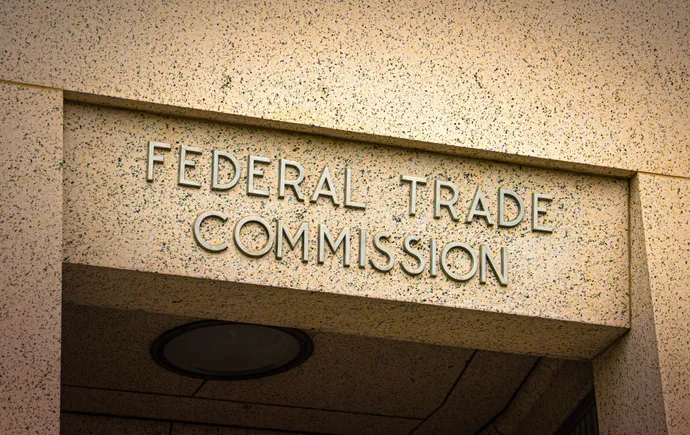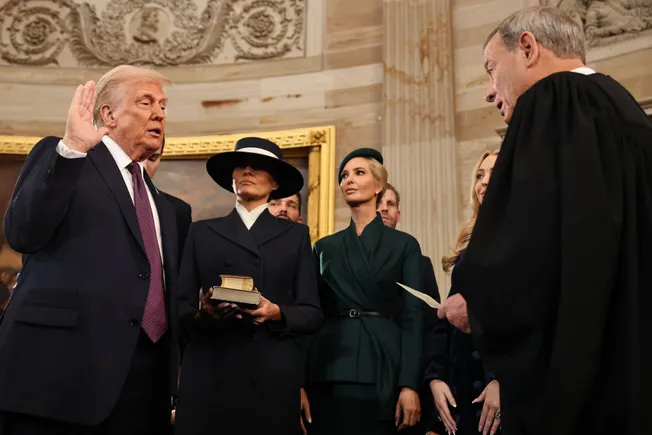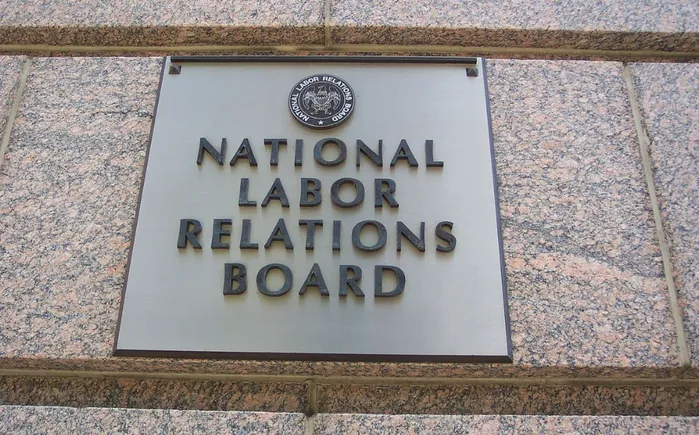Any change in presidential administrations that comes with a shift in political party is bound to lead to a shuffle at federal agencies. During a Wednesday webinar and post-election discussion, Cozen O’Connor attorneys discussed what they expect to happen with some of the biggest rules and regulations on employers’ radars. Here are two quick takeaways.
Noncompete ban
The Federal Trade Commission is currently pursuing an appeal of a Texas district court’s decision to strike down its ban on noncompete agreements in employment contracts. It’s the second such appeal for the FTC, which also appealed a Florida district court’s decision to enjoin the ban in September.
Moving forward, the rule is likely “dead in the water,” Michele Ballard Miller, chair of Cozen O’Connor’s West Coast Labor and Employment practice, said — except at the state level. “California hasn’t recognized noncompetes in years,” she noted.
Colleagues Michael Schmidt, vice chair of the law firm’s labor and employment department, and member of the firm David Barron agreed.
“They’ll withdraw that appeal, and that will be it,” Barron predicted. “It’ll die a quiet death.”
Overtime rule
Perhaps surprisingly for a Republican administration, both Barron and Schmidt predicted the U.S. Department of Labor’s overtime rule — which will raise the minimum annual salary threshold for overtime under the Fair Labor Standards Act to $58,656 on Jan. 1, and automatically every three years starting in July 2027 — will not only remain in effect, but go unchallenged at the federal level.
“Trump’s done it in the past,” Barron said, referring to the first administration’s raising of the threshold in 2019. “I don’t know why he would be opposed to that.”
“I totally agree,” Schmidt said.






Leave a Reply